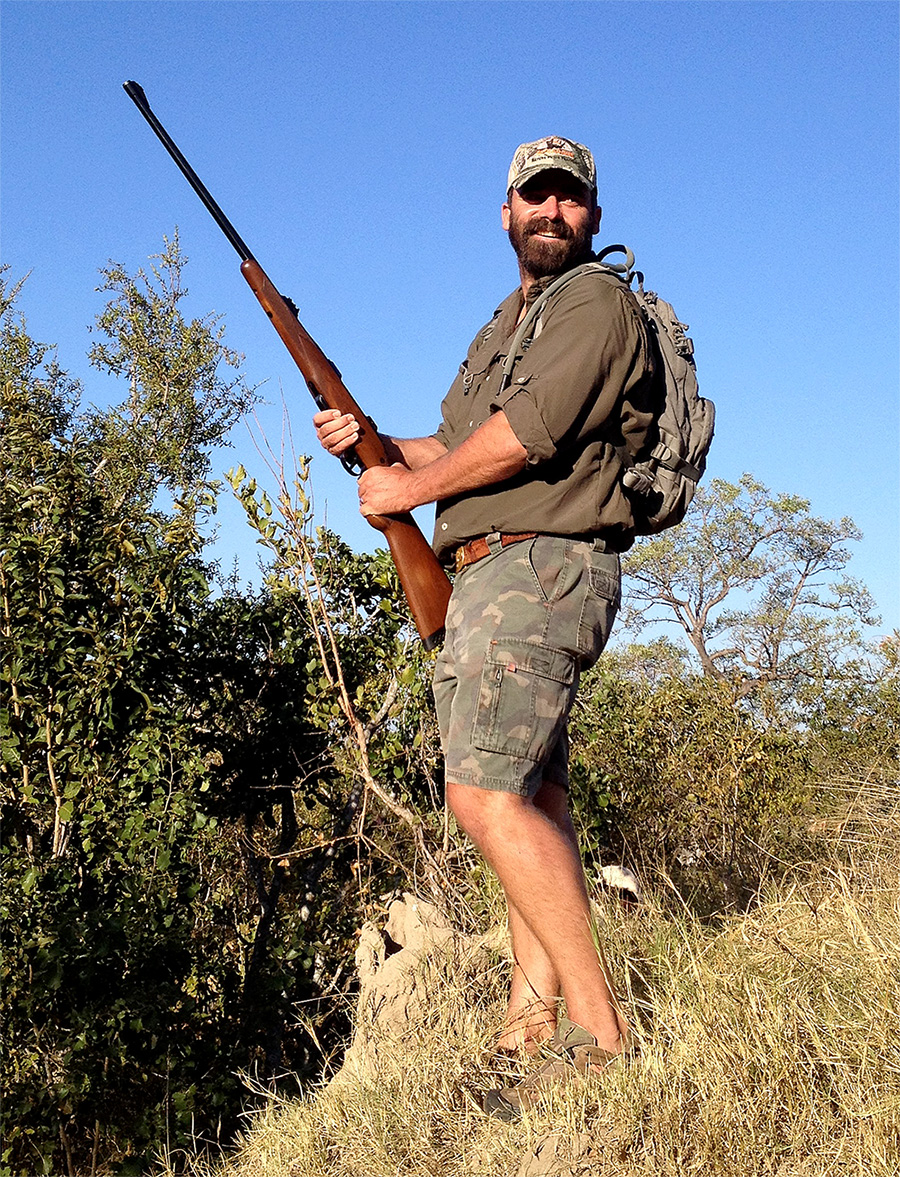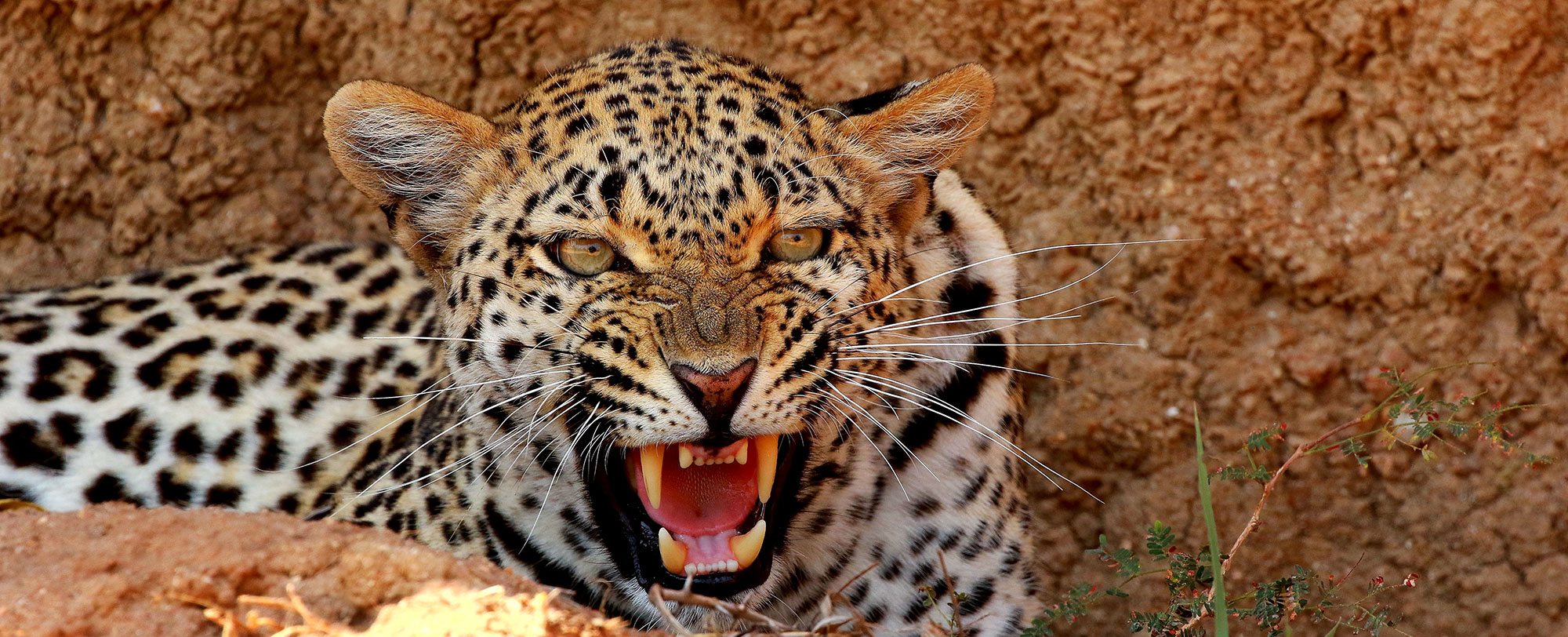Nature Guide Training 60-day course overview
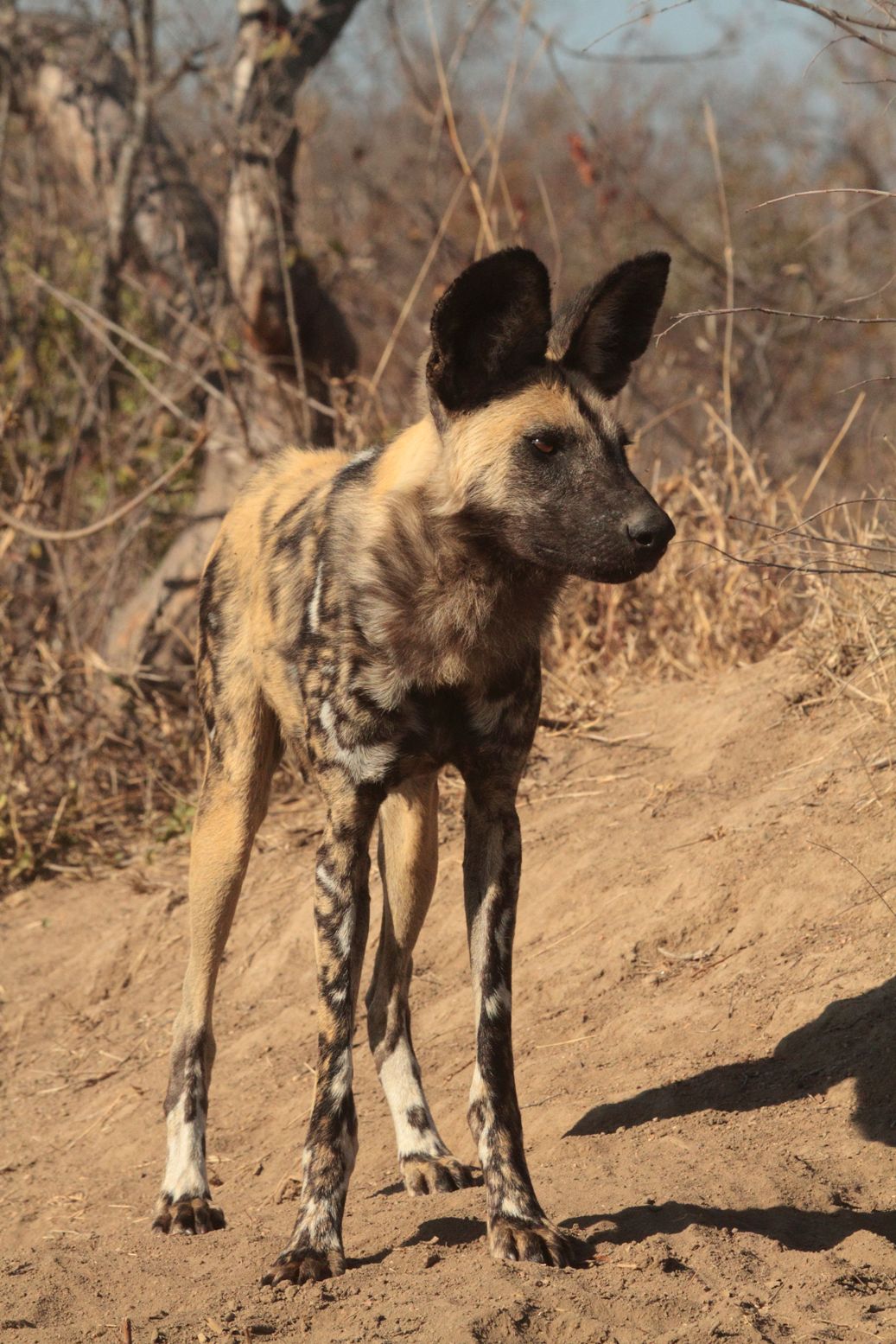
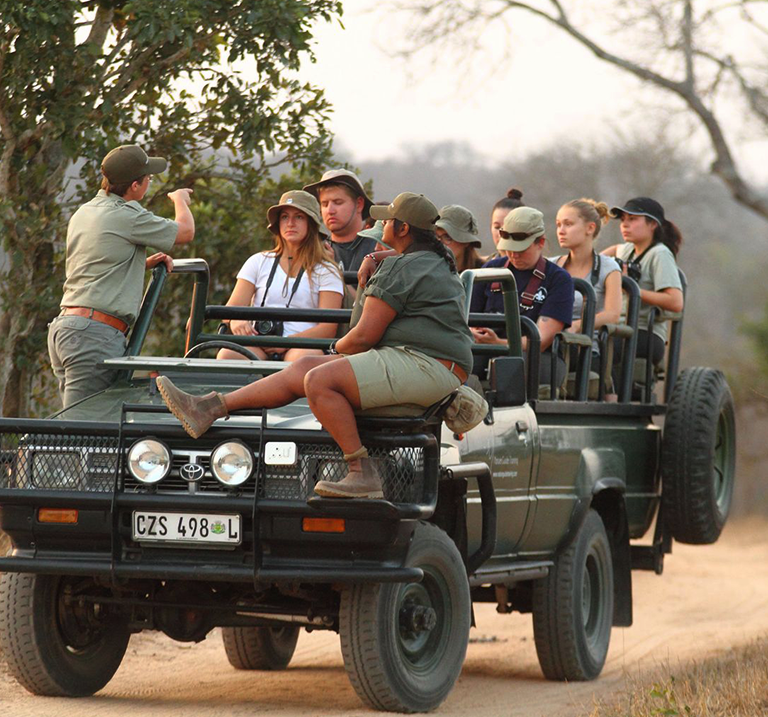
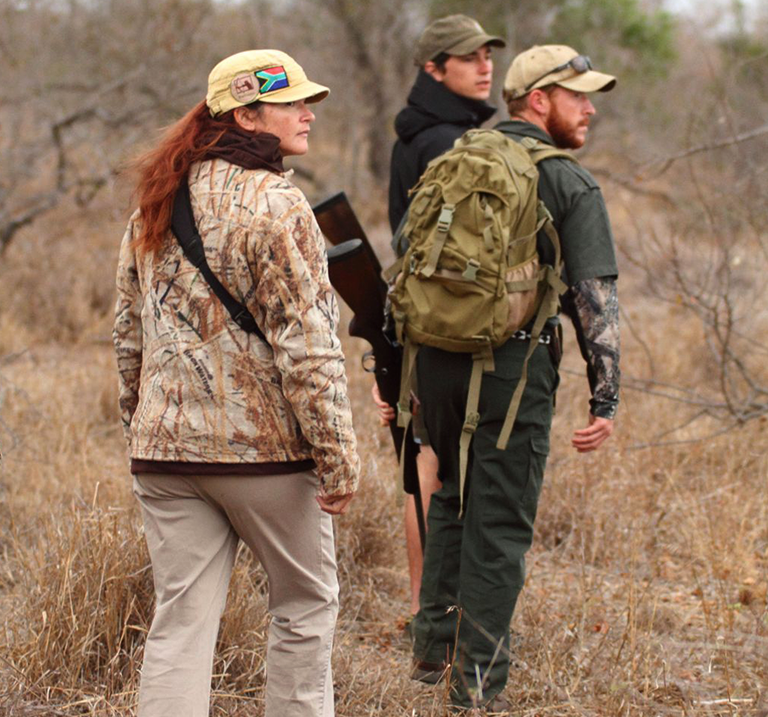
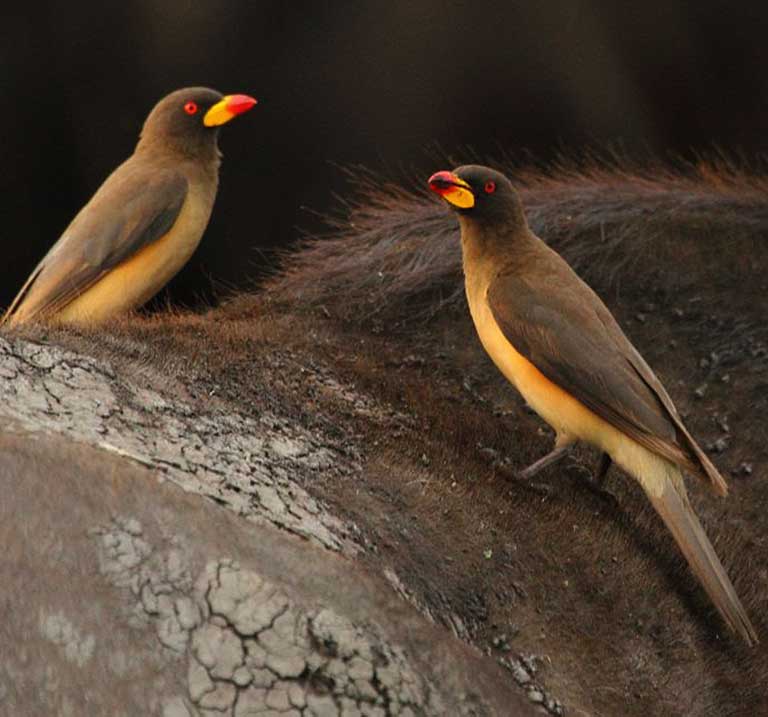
Life on the Course
The course is a 60-day experience taking place in eastern South Africa, in the Greater Kruger Area and surrounding game park regions. At the end of this course the successful student will be a qualified Nature Site Guide (formerly Level I) through the Field Guides Association of Southern Africa and hold a National Qualification Framework (NQF) level 2 certification. During these 60 days there will be in-depth training to prepare the student for a Track and Sign assessment following the CyberTracker standards of evaluation.
In short, the student is given the opportunity to achieve the following certificates:
- Nature Guide Training Field Guide certificate
- FGASA Apprentice Field Guide (formerly level 1) certificate
- NQF Level 2
- Track and Sign (CyberTracker) certificate (the level is score dependent)
A day in the life…
A typical day during the (Summer months) course is as follows:
- 05:30 coffee, tea, toast, cereal and biscuits
- 05:45 duty students will check our vehicles before we head out
- 06:00 – Game Drive / Walk / lecture or lesson
- 10:30 – Brunch
- 12:30 – any of (but not limited to) the following
- Exams
- Self-study
- Workbook time
- Track and sign preparation
- Midday waterhole visits
- Rest period
- Discussions on FGASA modules
- Bird or frog call practice
- 15:30 – Game Drive / Walk
- 18:30 – Dinner
- 19:30 – Typically, the evenings are your own but sometimes we will be doing a movie, an astronomy discussion, a PowerPoint presentation, or have a guest speaker, or do a quiz or discussion or simply rest time.
However, every day is different and is adjusted to what is needed and what is happening in the reserve. This will include strange things such as waking up in the middle of the night and going out to locate the lions or leopards that are calling close to camp or stopping off mid activity to watch elephants at the camp waterhole.
A Game Drive might start as a drive, but if there are fresh tracks of elephants it could change into an on-foot experience in order to trail and find the elephants. Sometimes our trainers find a huge variety of tracks and may decide to spend the next few hours discussing them.
Please note – We are not modular. Our courses will flow according to what we see or find on any given day, and we weave tracking into all that we do!
Walking will be focused on the smaller aspects of the environment. This will vary from tracks and signs to arthropods to botany to geology and much more.
The various camps we use are typically located amongst thousands of hectares of bush-country, and have uncountable learning opportunities. Our students stay in a brick-and-mortar room in an old farmhouse. We provide blankets and duvets and pillows as needed.
Meals
Brunch and dinner are prepared by our team and consists of hearty meals, such as pasta, stew, braais (also known as a barbeque), burgers, hot dogs, salads and vegetarian meals etc. Regularly during the week there will be a braai where the students will be able to assist with braai-ing the meat. This will be on a rotational system where the trainers will also gladly (and enthusiastically) participate.
During the day between set meals the students will be able to snack on cookies, bread with peanut butter and jam, fresh fruit or cereals. Coffee, tea and squash-type juice will be provided too and also available all day as an in-between meals snack. Drinking water is provided.
The students will be ‘hosting’ Nature Industry People in camp on regular basis. It is very important for the students to be able to start a conversation and keep a lively discussion going.
There is cell phone reception in our camps, typically enough to call home and utilise WhatsApp when needed, or even update Facebook or receive an email. The MTN signal is usually best in the bush. We ask everyone to keep phones on silent in the camp, and to be as unobtrusive as possible. We recommend bringing a spare battery or two for your camera etc.
Laundry
We offer a basic laundry service on most of our courses.
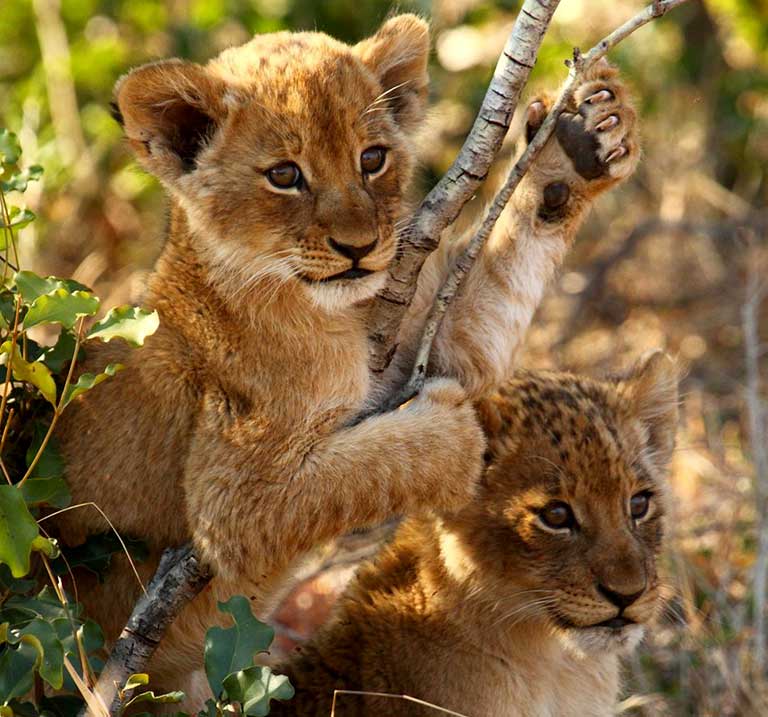
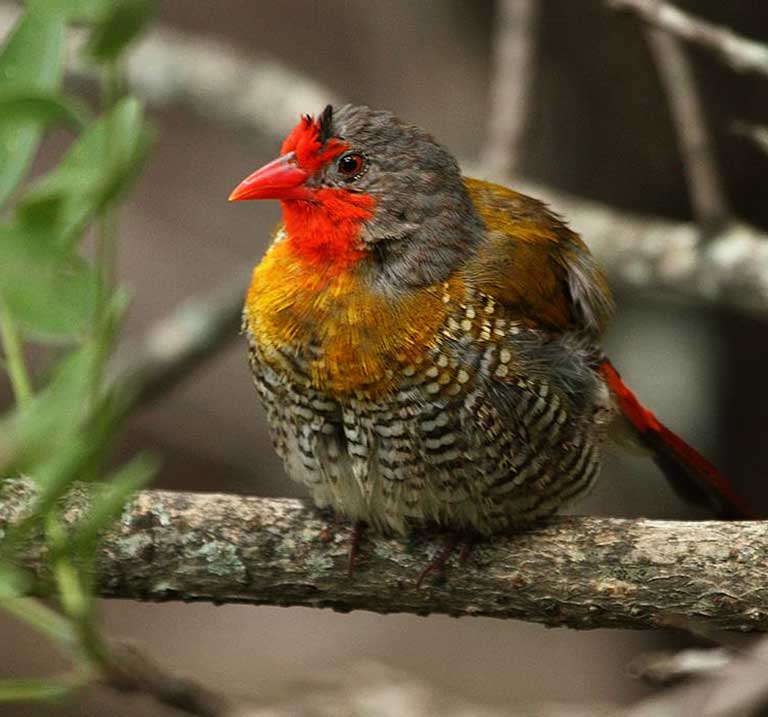
The Course
The main focus of this course is for aspirant guides to achieve the FGASA Apprentice Field Guide (formerly level I) certificate and be deemed competent to begin their guiding career. Therefore, all modules of the FGASA manual will be discussed both in theory, and also demonstrated practically. However, the following subjects are discussed in depth:
- Guiding in the natural environment
- Weather and Climate
- Biomes of Southern Africa
- Taxonomy
- Plants and Grasses
- Ecology
- Birds
- Arthropods
- Amphibians
- Reptiles
- Fish
- Geology
- Astronomy
- Mammals
- Animal behaviour
- Conservation Management
- Historical Human Habitation
There will be periodic exams set by the instructors, focused on Birds, Bird calls, Tracking, General plant identification, Frog calls and Mammals (as well as other subjects). These exams will be combined with presenting information on different topics to the rest of the group. The students will also have warm up exams on the FGASA modules to prepare them for their main exam.
Another part of the course will be set aside for Track and Sign practice. The students will (ultimately) be assessed as per the CyberTracker system. It is difficult to estimate how much time will be spent, but at the very minimum it will be around about a full week or more, spread out over the 60 days. Even though it is a FGASA Nature Site Guide course (formerly level I course), walking will be an important component. On foot the students will be able to focus on the smaller aspects of the environment and not just the big animals. There will occasionally be day long walks; sometimes ending in a sleep out under the stars. Some survival techniques and primitive skills will be part of this experience. Game drives will take place at regular times, but also occasionally in the evening after dinner, late at night or even before sunrise. This in order to give the students the possibility of encountering the different nocturnal animals. On some days we might not go on game drive, but focus on lessons, study sessions or other camp-based activities.
These programs are managed by Lee Gutteridge, the owner of Nature Guide Training. Lee works with the various instructors in our team, and ensures an excellent standard of training for our programs. He is a FGASA Scout Guide, one of only a handful in Southern Africa, making this a unique opportunity for a learner to get exposure to one of South Africa’s leading field guides. He also holds Master Tracker, SKS wild flowers, SKS birding, SKS Dangerous Game, Palaeoanthropology Specialist and FGASA Advanced Field Guide certificates.
